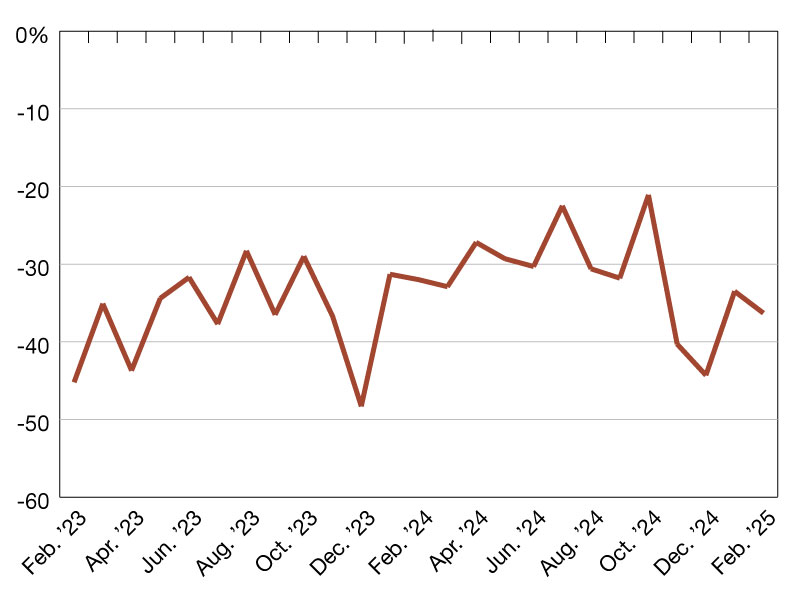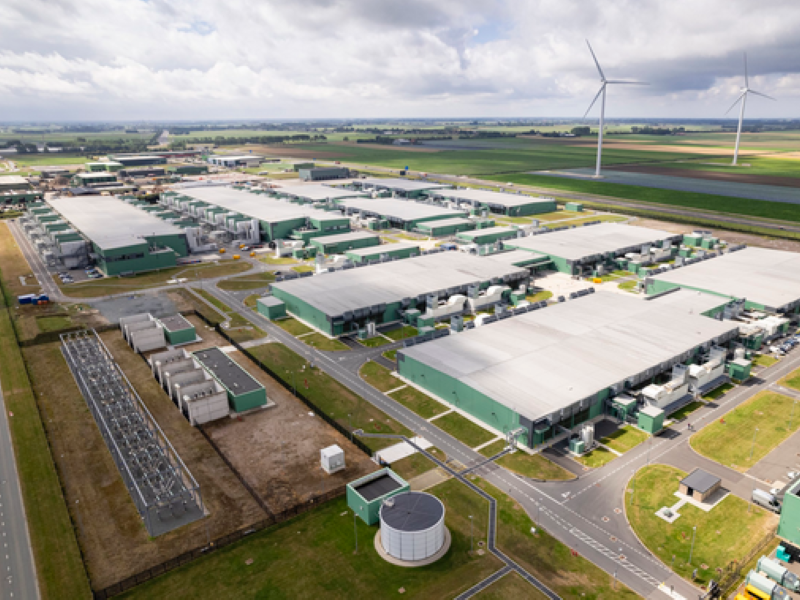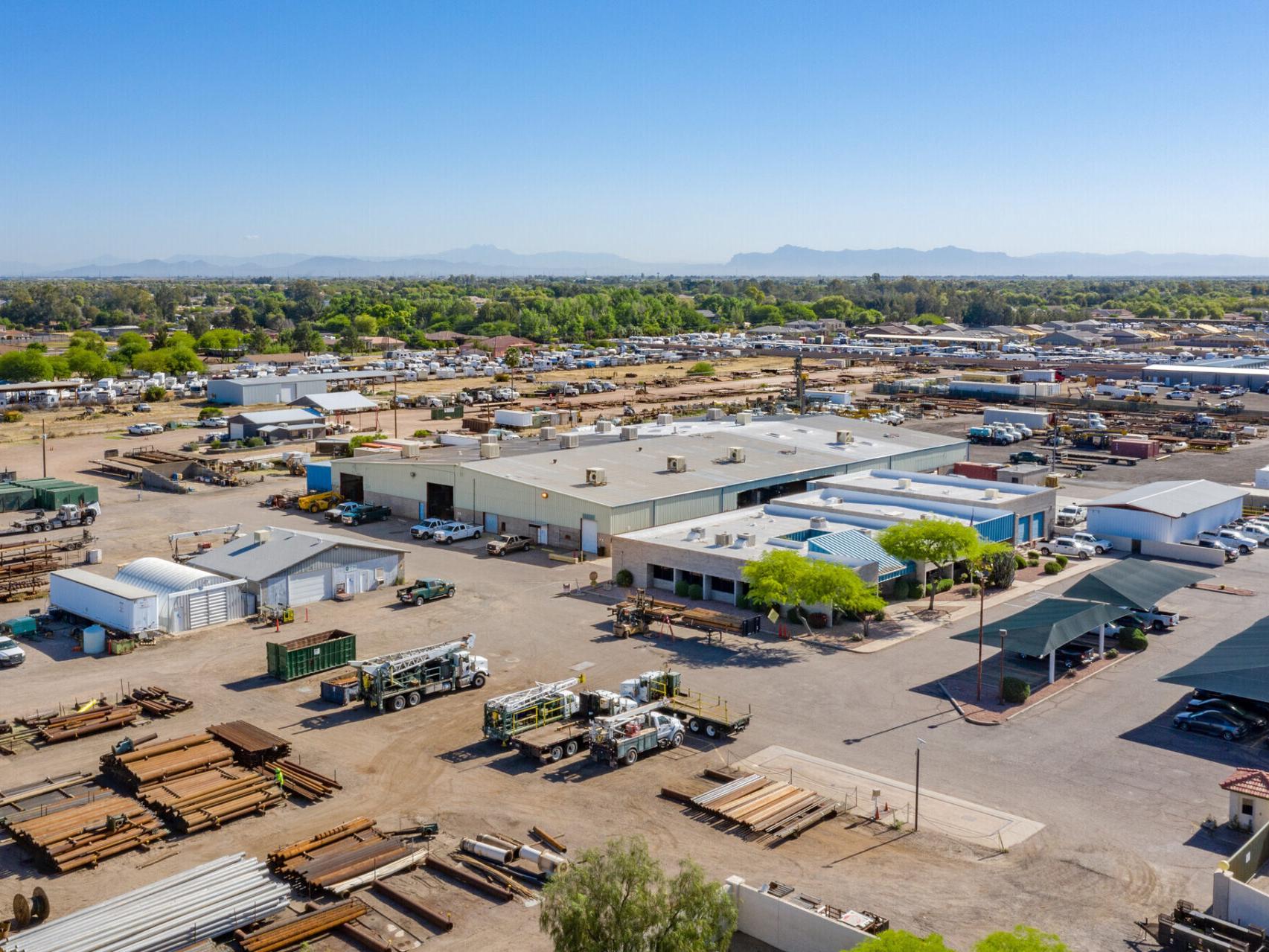JLL Chief Economist Weighs in on Hurricane Harvey
As the firm continues assessing the effects of the disaster, Ryan Severino provides an early forecast of its economic implications.
By Sanyu Kyeyune

Ryan Severino
Economic indicators suggest that Hurricane Harvey’s effects are likely to be felt beyond Houston for years to come, notes Ryan Severino, chief economist of JLL. Following the height of the storm, he spoke with CPE about how the aftermath is likely to play out both in Texas and across the nation.
CPE: What are some of the economic implications (actual and predicted) of the disaster?
Severino: Hurricane Harvey’s impact will be felt nationally and locally, both in the short term and the long term. While full assessments have yet to be made, over the short term, Harvey is likely to reduce economic growth in the third quarter by up to 50 basis points.
CPE: In your view, what will drive the reduction in economic growth?
Severino: This will come from reduced economic activity associated with businesses shutting down and consumers focused on survival, rather than spending.
CPE: What are some of the economic ramifications taking place outside of Houston?
Severino: It has already caused a spike in gasoline prices of roughly 20 cents per gallon over the past couple of weeks. As of last Thursday, 10 refineries representing 16.6 percent of daily U.S. refining capacity were shut down, resulting in a decline of roughly 4.4 million barrels of oil refining production.
CPE: Have you observed opportunities to create value by rebuilding properties that were damaged by the hurricane?
Severino: Over the long run, research shows that hurricanes, particularly destructive ones such as Harvey, do not lead to opportunities to create new economic value from rebuilding. There could be a slight boost to GDP in the next few quarters as the process begins, but massive storms like this tend to produce economic impacts that can be felt for decades.
Image courtesy of JLL







You must be logged in to post a comment.